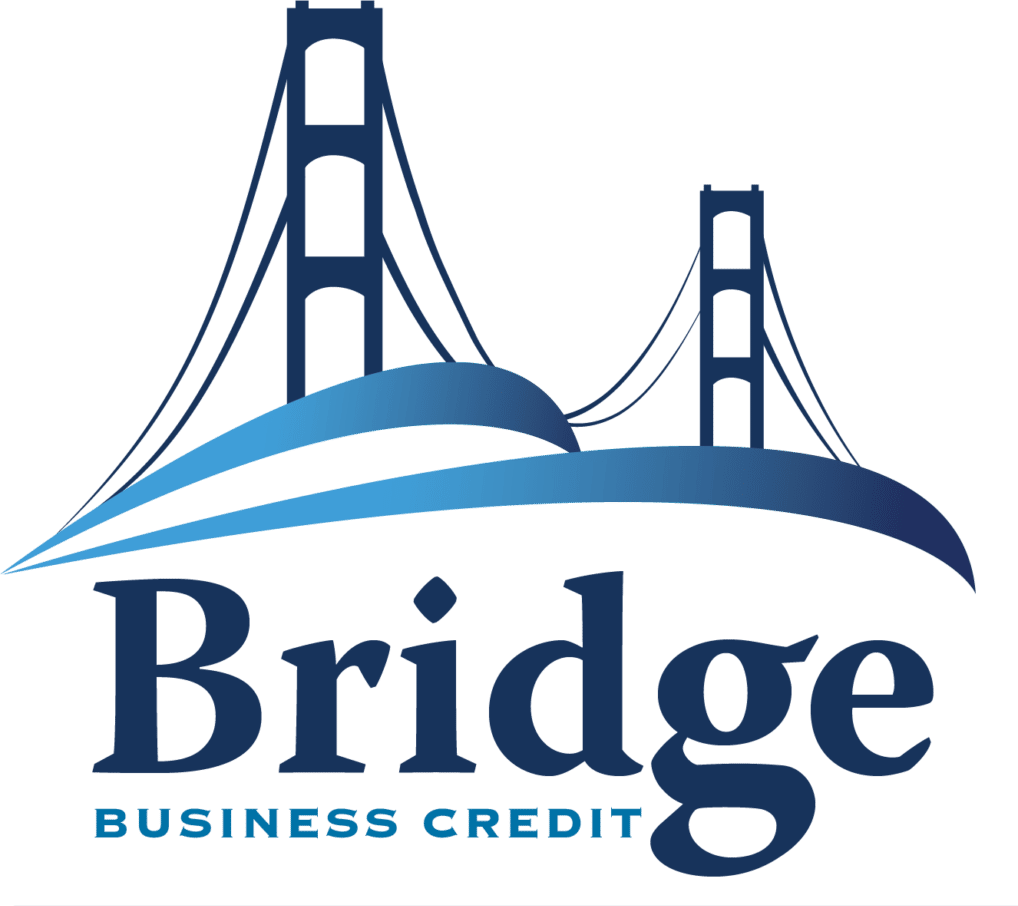News
March 24, 2022
Inflationary Times: Businesses Must Define Next Financing Steps

As we move into spring and the pandemic continues to wind down, businesses are returning to more normal operations. But now, with inflation a growing concern (7.9% in February), how can businesses best protect their financing costs?
To deal with higher costs, more businesses have been taking out loans.
In a survey by the U.S. Chamber of Commerce, nearly half, or 45%, said they have taken out a loan to manage higher costs caused by inflation. According to the Small Business Administration, 29.3% of small businesses applied for COVID EIDL loans, while 9.5% sought bank loans.
The increased appetite for business loans comes as interest rates are rising, and amid the recent market volatility and sudden flare-up of geopolitical tensions due to Russia’s actions in Ukraine, credit markets may tighten further, according to CNBC.
Meanwhile, the Federal Reserve on March 16 approved its first interest rate increase in more than three years, a first shot to address spiraling inflation. The Fed plans six more increases for the remainder of the year.
Rhett Rowe, CEO at Great Lakes Business Credit, a non-bank financier, is advising business owners to seek out financing options from a variety of sources, but more importantly, to secure a loan with a fixed interest rate, versus a variable rate, before rates overall go higher.
Rowe’s advice is echoed by Inc. Magazine columnist Peter Cohan, who says “If a company has borrowed money at a rate that goes up if the Fed raises rates, its leaders should either renegotiate the contract to lock in today’s interest rates or pay off the loan before the rates reset.”
Non-bank lenders such as Great Lakes Business Credit provides business owners a steady hand in funding start-ups, expansions, and other operational expenses during ever-changing economic conditions. Contact us to learn how our lending model can solve even the toughest challenge.




